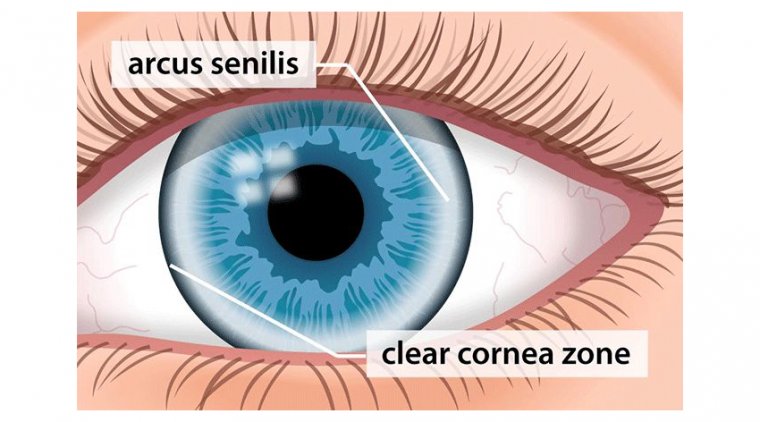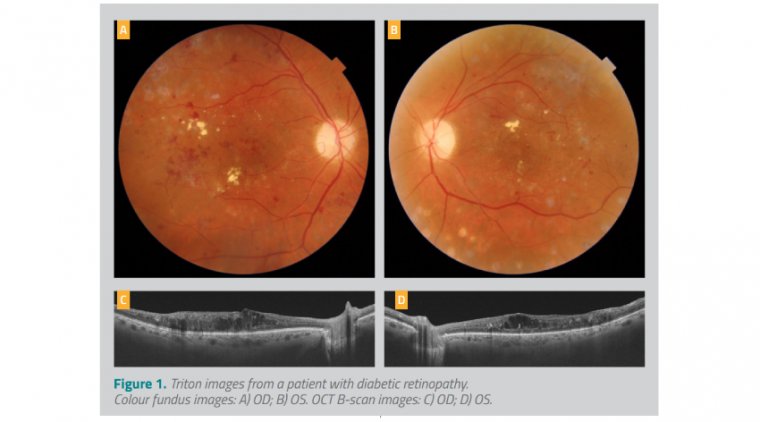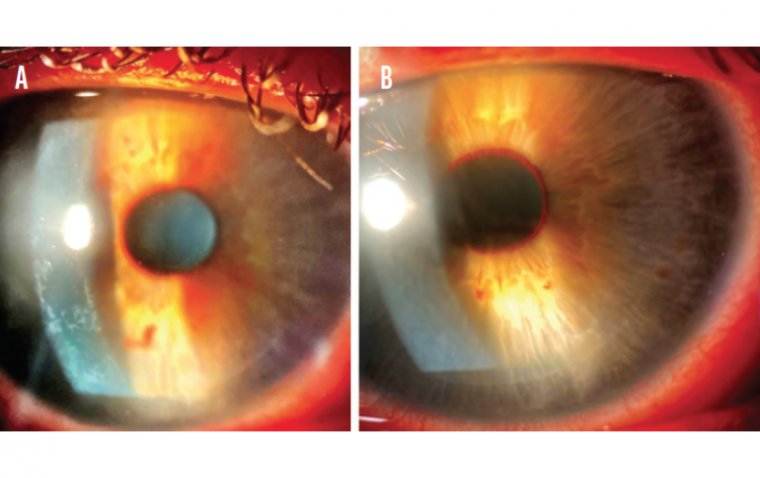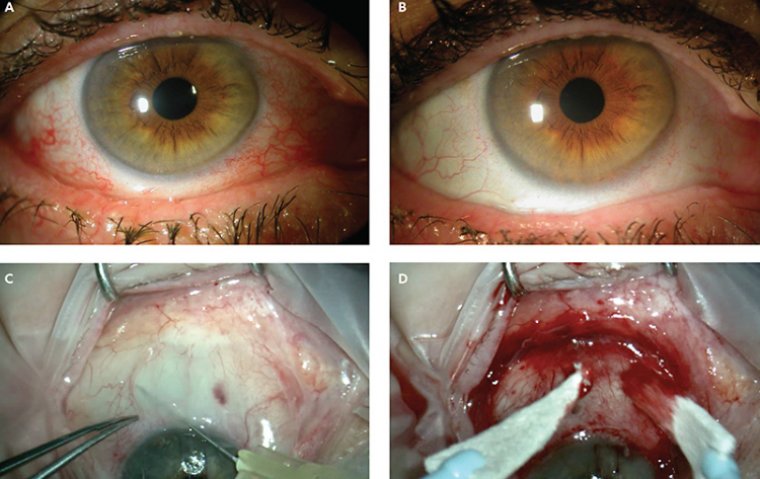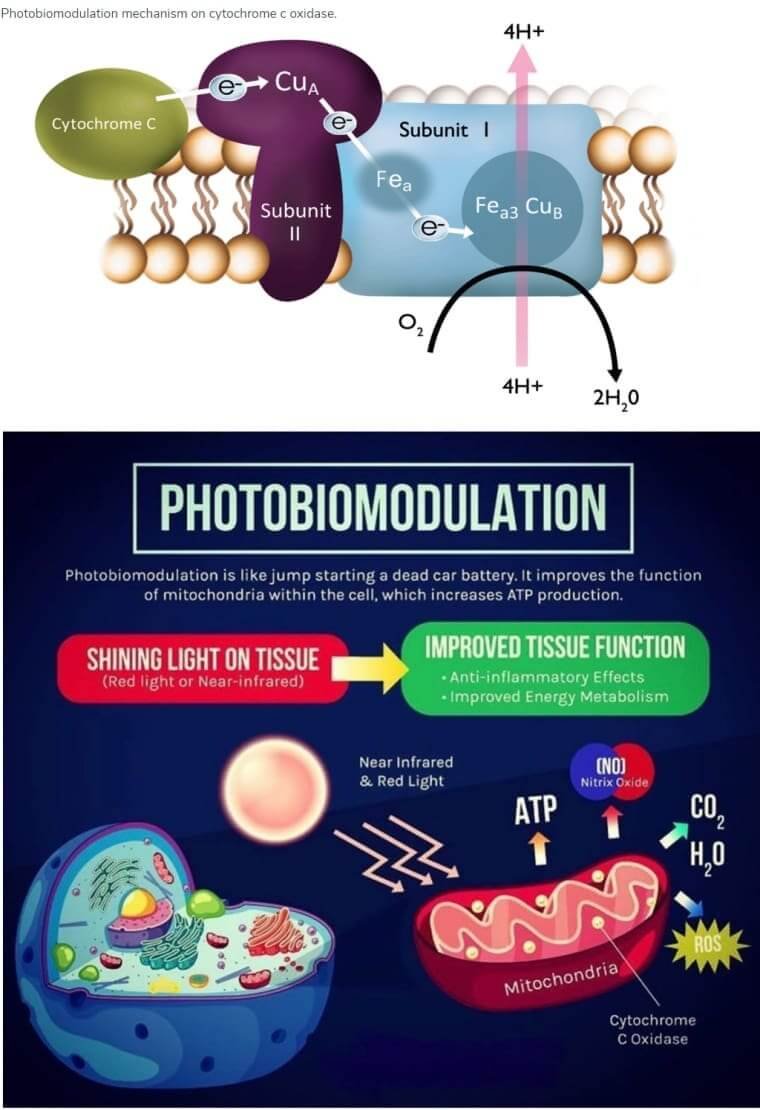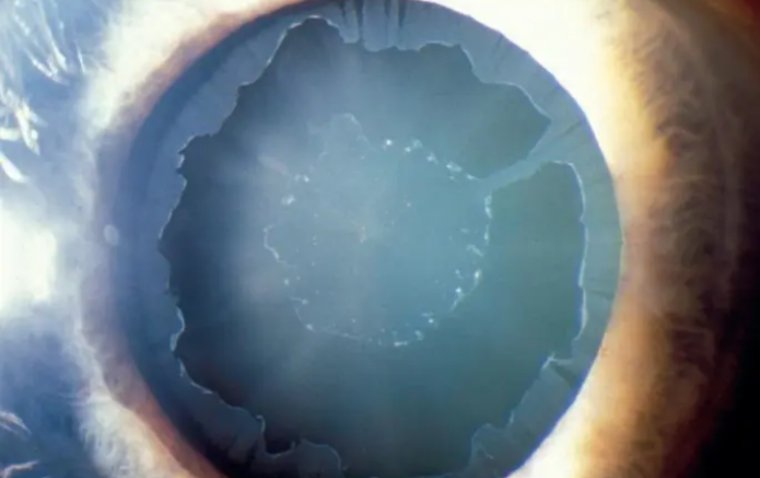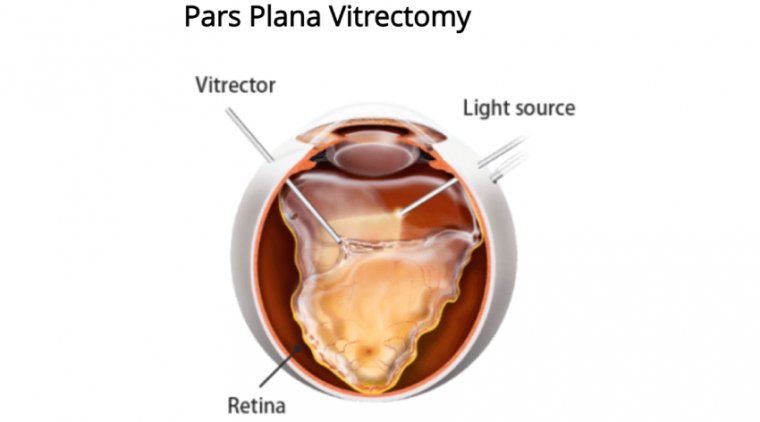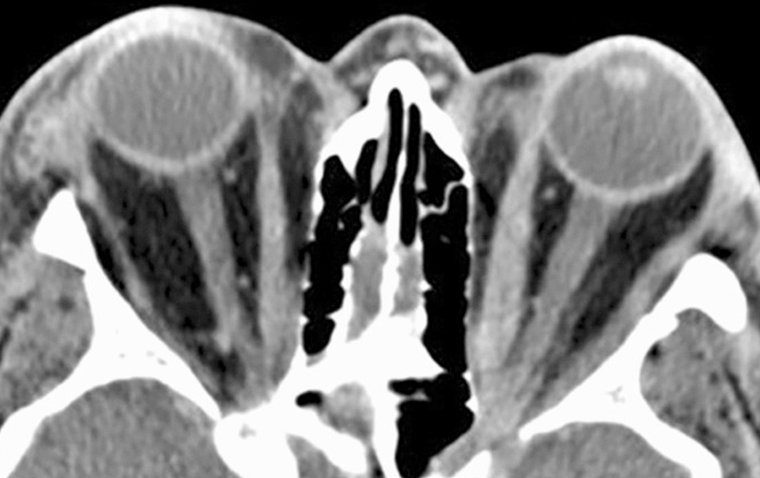
Dysthyroid Optic Neuropathy: Thyroid Dysfunction and Ocular Impact
Dysthyroid optic neuropathy (DON) is a condition that arises from the complex interplay between thyroid dysfunction and ocular health. Often associated with autoimmune thyroid disorders such as Graves' disease, DON can lead to significant vision impairment and impact an individual's quality of life.
In this article, we delve into the multifaceted aspects of DON, from its causes and symptoms to diagnosis and treatment modalities.
What Is Dysthyroid Optic Neuropathy?
Dysthyroid optic neuropathy is a condition intricately linked to thyroid dysfunction, especially autoimmune thyroid conditions like Graves' disease. Thyroid hormones play a crucial role in regulating metabolism and energy production. However, disruptions in thyroid function can have far-reaching effects on various bodily systems, including the eyes. The eyes are particularly vulnerable due to their complex anatomy and sensitivity to hormonal fluctuations.
What Causes Dysthyroid Optic Neuropathy?
DON is often triggered by autoimmune thyroid disorders, particularly Graves' disease. In Graves' disease, the immune system mistakenly attacks the thyroid gland, leading to an overproduction of thyroid hormones. This hormonal imbalance, along with autoimmune responses, can lead to a cascade of events affecting the eyes. Other factors contributing to DON development may include thyroid nodules and thyroid cancer.
Signs and Symptoms of Dysthyroid Optic Neuropathy
DON manifests with a range of symptoms, the severity of which can vary widely. Common symptoms include:
● Eye pain and discomfort
● Excessive tearing
● Sensitivity to light
● Proptosis
● Vision loss
How to Diagnose Dysthyroid Optic Neuropathy
Timely and accurate diagnosis is critical in managing DON effectively. Ophthalmologists employ various techniques, including visual acuity tests, assessment of eye movements, and imaging modalities like computed tomography (CT) and magnetic resonance imaging (MRI). These tests help evaluate the extent of orbital involvement and optic nerve compression, aiding in appropriate treatment planning.
Treatment Options for Dysthyroid Optic Neuropathy
Treatment options for dysthyroid optic neuropathy (DON) depend on the severity of the condition and the underlying thyroid dysfunction. The goal of treatment is to alleviate symptoms, improve visual function, and address the underlying thyroid disorder. Here are the main treatment options:
1. Medical Management:
● Thyroid Hormone Regulation: For patients with hyperthyroidism, antithyroid medications or radioactive iodine therapy can help regulate thyroid hormone levels. This approach aims to stabilize thyroid function and reduce inflammation in the orbit.
● Corticosteroids: Oral or intravenous corticosteroids are often used to manage inflammation in the orbit. These medications can help decrease swelling and alleviate symptoms such as eye pain and bulging.
● Immunosuppressive Drugs: In cases where inflammation is persistent, immunosuppressive medications may be prescribed to suppress the immune response responsible for orbital inflammation.
2. Orbital Decompression Surgery
Orbital decompression surgery is considered for patients with severe DON, particularly those experiencing optic nerve compression and significant proptosis. This surgical procedure involves removing or reshaping portions of the orbital bones to create more space within the orbit. By doing so, pressure on the optic nerve is reduced, potentially preventing vision loss and improving the appearance of bulging eyes.
3. Eyelid Surgery (Strabismus Surgery)
In cases where DON has led to double vision (diplopia) due to misalignment of the eyes, eyelid surgery (strabismus surgery) may be recommended. This surgery involves adjusting the position of the eye muscles to improve eye alignment and alleviate double vision.
4. Thyroidectomy
For individuals with severe hyperthyroidism, a thyroidectomy (surgical removal of the thyroid gland) may be considered. By normalizing thyroid hormone levels, this surgery can indirectly help manage DON by reducing inflammation and addressing the underlying thyroid disorder.
5. Regular Follow-Up
Regular follow-up appointments with ophthalmologists and endocrinologists are essential to monitor the progression of DON and the underlying thyroid disorder. Adjustments to treatment plans can be made based on the patient's response and changes in their condition.
Summary
Dysthyroid optic neuropathy serves as a reminder of the intricate relationship between endocrine function and ocular health. As our understanding of this condition evolves, the treatment landscape for DON expands, offering hope for improved outcomes and enhanced quality of life. Early detection, accurate diagnosis, and multidisciplinary management remain pivotal in mitigating the impact of DON on vision and overall well-being.
If you suspect you have dysthyroid optic neuropathy or are experiencing symptoms related to thyroid eye disease, consult an ophthalmologist or endocrinologist for accurate diagnosis and personalized treatment recommendations.
(1).jpg)
